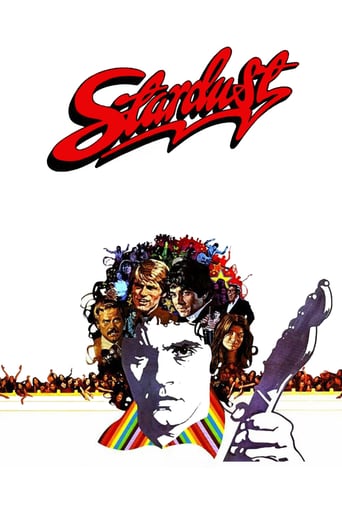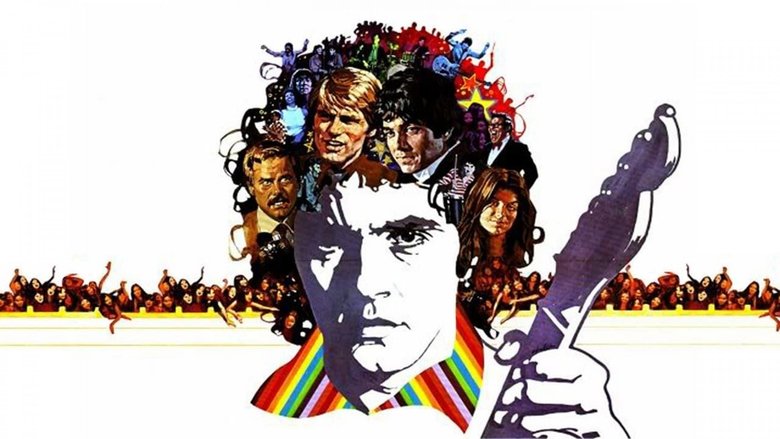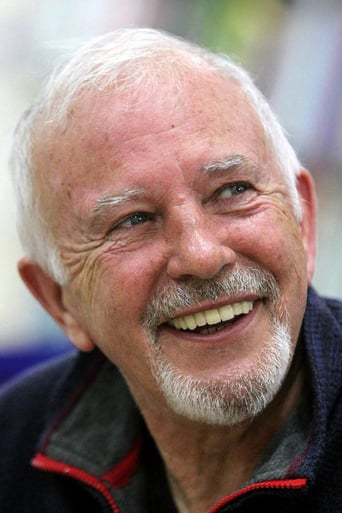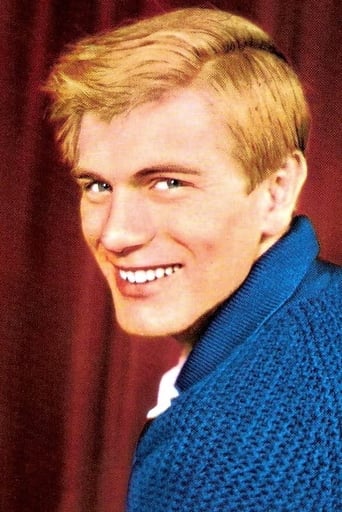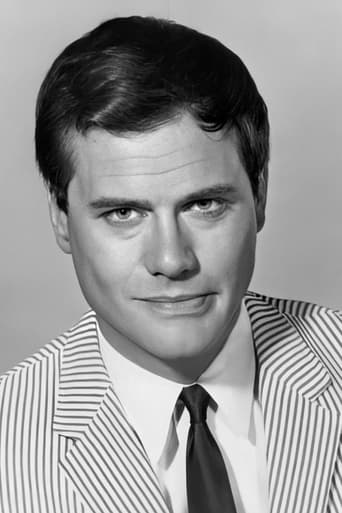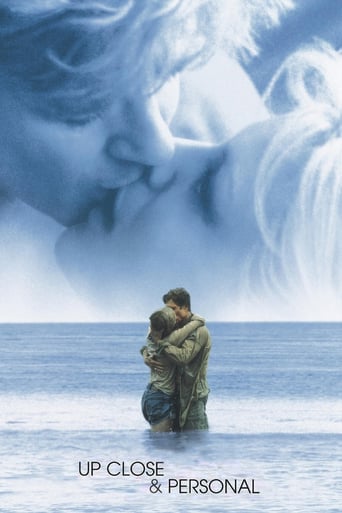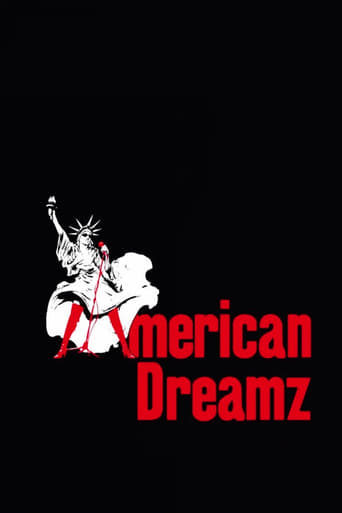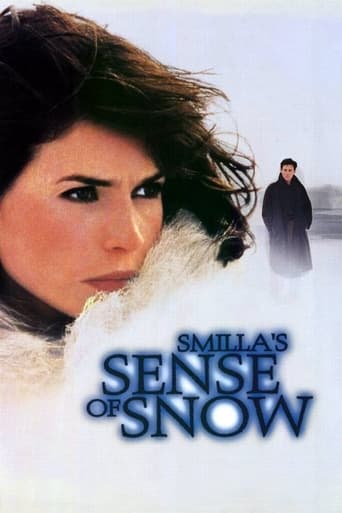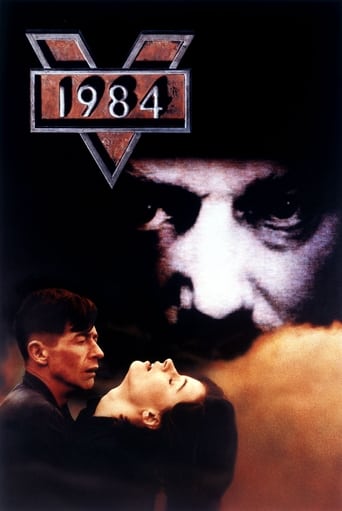Stardust (1975)
Jim MacLaine is now enjoying the nomadic 'gigs and groupies' life on tour with his band. When he achieves all his wildest dreams of international stardom, the sweet taste of success begins to turn sour.
Watch Trailer
Cast
Similar titles

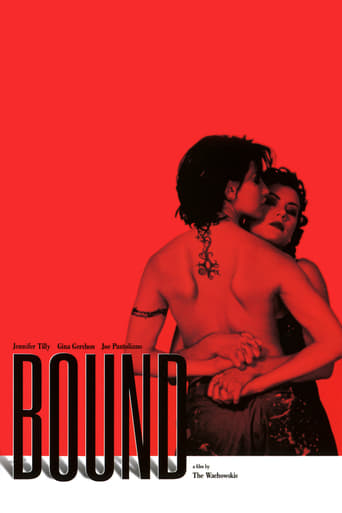
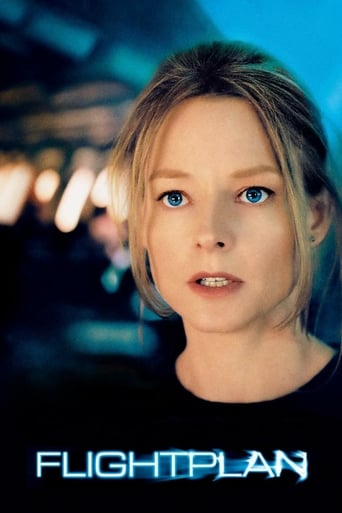
Reviews
Terrible acting, screenplay and direction.
As Good As It Gets
This is a must-see and one of the best documentaries - and films - of this year.
The film's masterful storytelling did its job. The message was clear. No need to overdo.
"Stardust" starts where "That'll Be the Day" left off. References to the Kennedy assassination, the Clay/Liston fight and West Ham winning the FA Cup date the early scenes to 1963/4. At the end of the first film Jim MacLaine abandoned his wife and son in order to become a rock star; we now meet him as one of a struggling five-man band called the Stray Cats. Jim's old friend Mike accepts his invitation to become the band's manager. Mike was played in the earlier film by Ringo Starr, but he did not want to appear in the sequel, so another pop star, Adam Faith, was drafted in. Mike's change of accent from Scouse to Cockney is left unexplained. Several other real-life rock stars (Marty Wilde, Dave Edmunds, Keith Moon) also have roles.The Stray Cats are catapulted to success after one of their records proves an unexpected hit. There are deliberate parallels between their rise to fame and that of the Beatles. (It has been suggested that Ringo refused to appear because he felt that Jim was too close to the character of John Lennon). They play at a nightclub similar to Liverpool's Cavern Club and wear Beatle-style suits and haircuts. There are even clumsy attempts to draw a parallel with the Beatles' gay manager Brian Epstein by suggesting that Mike- rampantly heterosexual in "That'll Be the Day"- might be sexually attracted to Jim.The story then departs from that of the Beatles. Jim is by now both the band's lead singer and its songwriter, and they are billed as "Jim MacLaine and the Stray Cats". The other members of the group, jealous of Jim's greater fame, refuse to perform with him, and continue without him as a four-man combination. As a solo singer Jim initially achieves even greater success, becoming a major international star, but his hedonistic lifestyle starts to take its toll. He indulges in casual sex and heavy drug and alcohol use and this affects both his career and his relationship with friends and colleagues, especially Mike. He stars in a spectacularly vulgar neo-classical concert called "Sancta Dea", Latin for "Sacred Goddess". This is designed as a "tribute to women", which seems rank hypocrisy given how badly Jim has treated every woman who has ever crossed his path. He eventually retreats to a Spanish castle and becomes a drug-addicted recluse. (Interestingly, the phrase "castle in Spain" means an impossible daydream) The film was made by a different director to "That'll Be the Day", and is quite different in style. (This was only the second feature film of Michael Apted, later to become a big Hollywood name). The earlier film was a mixture of kitchen-sink realism and nostalgia for the fifties. "Stardust" is more of a fictionalised biography and an exposure of the seedy side of showbiz. Although in the early scenes we hear some mid-sixties hits on the soundtrack, there is little attempt at nostalgia. (The final scenes take place in the early seventies, only a few years before the film was made).There are some weaknesses in "Stardust". Like another reviewer, I felt that the Stray Cats' music was insufficiently distinctive and insufficiently high quality for a group who are supposed to be among the most successful in the world. They may look like the Beatles but they sure don't sound like them. I also thought that there was a weak performance from Ines des Longchamps as Jim's French girlfriend Danielle. Nevertheless, "Stardust" is in my opinion a much better film overall than "That'll Be the Day".There are two main reasons for this. The first is that "Stardust" has a much more coherent, structured plot than the earlier film, which tended to become dull and repetitive, little more than a catalogue of Jim's sexual conquests. The second is that David Essex is much better here than he was in "That'll Be the Day" where he fundamentally misunderstood the character he was playing, trying to make Jim a likable Jack-the-lad whereas in reality he was a complete bastard. In "Stardust", Jim is a much more complex figure; he can still behave badly, especially towards Mike and Danielle, but we see that he is also a pitiable character, trapped by his own success and fame, which have robbed him of the opportunity to live a normal life. This is perhaps most vividly seen in the scene where Jim is confronted with screaming fans even at his mother's funeral.There are also good supporting performances from Faith as Mike, trapped in a love/hate relationship with Jim and from a pre-"Dallas" Larry Hagman as Porter Lee Austin, the American music tycoon who takes over the running of Jim's career. Although Porter Lee is not portrayed as an outright villain, it is clear that his control has a deadening effect on Jim's creative talents. For all Jim's fame, he still ends up working to make money for someone else.Besides the obvious Beatles parallels, some have compared Jim to the likes of Jim Morrison, David Bowie and Marc Bolan. Yet watching this film I was most vividly reminded of another pop superstar. Like Jim MacLaine he started off in a five-man group, left to become a solo artist and became more famous than any of his colleagues. In his case too there were hints of sexual ambiguity and distasteful allegations about his private life. He too seemed to develop a messiah complex and ended up a recluse inside his luxury home. Even his initials were the same, albeit reversed.For "Stray Cats" read "Jackson Five". For "Sancta Dea" read "HIStory". For the Spanish castle read "Neverland". For obvious reasons, "Stardust" cannot be based upon the career of Michael Jackson; in 1974 he was a teenager and his musical career only just beginning. Self-destructive tendencies like Jackson's, however, are an unfortunately common phenomenon in the entertainment industry, and "Stardust" is one of the best fictional studies of that phenomenon. 7/10
...but he crashed out the sky." 'Stardust' by David Essex. Warning: contains 'spoilers'.Heavily influenced by the story of the Beatles (Ringo Starr declined to reprise the role of 'Mike' in this film because of a section of the story that was based on Pete Best's sacking) 'Stardust' is the archetypal Rock 'n' Roll story of the 1960s and 1970s.David Essex gives a great performance as Jim Maclaine, the easily corrupted singer who finds that after ditching his group and his wife and embarking on an orgy of drugs, sex and bad business deals his world falls apart.What appears to seal his fate is the way in which he treats his jealous and mercenary manager, Mike. After greedily taking two girls to bed when he might have left one and having some involvement in the death of his manager's dog his luck really runs out when he ODs on live television. Mike is left cursing and shaking the limp body of his former friend as he sees his 'investment' drifting away.The title song, penned by Essex, is an absolute classic. It took David Bowie an entire LP to explore similar themes and none of the songs on 'Ziggy Stardust' have half as much heart and soul as 'Stardust'.The 'Stray Cats' of this film are not to be confused with the 1980s American group of the same name. Dave Edmunds, the musical director of 'Stardust' went on to produce Brian Setzer's Rockabilly trio and christened them the Stray Cats after the imaginary group in this film.
Stardust starts off beautifully. Jim McLaine (David Essex) is working at a carnival in England where business is slow that night, as it is Nov. 22, 1963. In the background is Neil Sedaka singing "Happy Birthday Sweet Sixteen". McLaine meets an old mate (Adam Faith) and tells him the little rock and roll band he's in needs a road manager. Faith sees opportunity and moulds the band known as the Stray Cats into a vehicle for Jim McLaine. There are so many great and true to life moments in this movie, the early recording sessions, Faith's behind the scenes manoeuvering, Larry Hagman arriving when the Stray Cats make it big to muscle in on things, and Jim McLaine's typical 1960's rock and roll odyssey. Essex and Faith are excellent (who says rockers can't act?) and it's a still relevent look at the "star maker machinery behind the popular songs". This picture is a sequel to That'll Be the Day, which is more about McLaine's coming of age in early 60's England, that is a great movie in it's own right, but the two can be watched independently of each other. Very highly recommended. Oh yes, the ending is as well directed, dramatic and atmospheric as the beginning. Great job Michael Apted!
Now sadly dated, this movie is STILL one of the best "Rock'n'Roll" movies ever made. The added bonus of seeing that the rockers from the 50s and 60s could act as well as sing made it all the sweeter. Although this was David Essex' starring role, I believe the show was stolen by Adam Faith who gave a completely believable performance as Mike. Lots of excellent music in here, especially the stuff by the Stray Cats (band for the movie). Worth watching 30 or 40 times IF you can find a copy.
